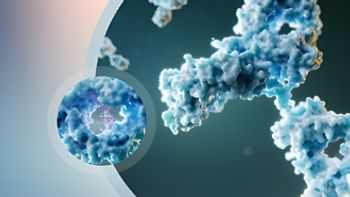
Webinar Date/Time: Thu, Feb 26, 2026 12:00 PM EST

Webinar Date/Time: Thu, Feb 26, 2026 12:00 PM EST

This webinar covers quantitative bioanalysis strategies to support mRNA drug development using LC-MS, including sample preparation, surrogate peptide selection, LC-MS method development, and verification/validation.

This technical note demonstrates a sensitive method to quantify a glucagon-like peptide-1 (GLP-1) analog, semaglutide, in rat plasma on a high-end triple quadrupole mass spectrometer.

This technical note demonstrates a sensitive method for the quantitation of pasireotide in human plasma using high-resolution accurate mass spectrometry. A lower limit of quantitation (LLOQ) of 0.05 ng/mL was achieved in extracted plasma samples.

Explore best practices for LC-MS analysis of oligonucleotides to get the best results possible, quickly and easily.

This technical note demonstrates a highly sensitive, robust and rapid workflow to quantify TL 13-112, a selective ALK degrader, and its inactive control, TL 13-110, in rat plasma using a high-end triple quadrupole mass spectrometer.
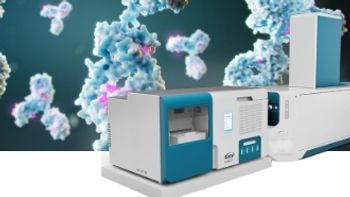
Webinar Date/Time: Tue, Dec 9, 2025 2:00 PM EST

Quantitative protein expression analysis is essential for advancing mRNA therapeutics, providing the data needed to confirm effective and targeted protein production. This article explores key assay development strategies, analytical challenges, and the application of advanced liquid chromatography-mass spectrometry (LC-MS) techniques to achieve precise and reproducible quantitation of proteins expressed from mRNA therapies.



This infographic explores the benefits of Acoustic Ejection Mass Spectrometry (AEMS)- based workflows for efficient small and large molecule screening.
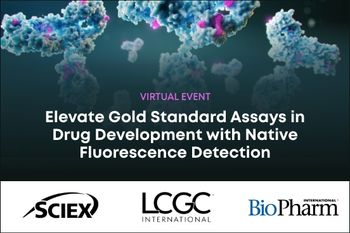
Webinar Date/Time: Thu, Oct 2, 2025 11:00 AM EDT

As a leader responsible for metabolite identification in your organization, what keeps you awake at night? SCIEX can give you peace of mind by helping you . . .

We understand you are busy, needing to prioritize running instruments, reporting results and managing your laboratory to meet deadlines. We created this solution guide to explain how SCIEX systems fit in the drug development pipeline to save you time evaluating options. This guide covers bio/pharmaceutical quantitative assays from discovery to QA/QC, for large and small molecules. Happy reading!
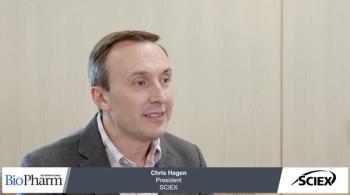
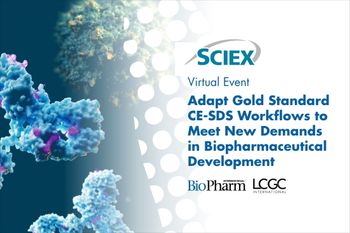
Webinar Date/Time: Thu, Jul 10, 2025 11:00 AM EDT

Glycan analysis provides key information on critical quality attributes that could affect stability, safety and efficacy of a protein therapeutic. Specific needs for understanding the glycosylation profiles change throughout the drug development process, but the requirement for high-resolution glycan information remains the same and is essential to help ensure product quality.
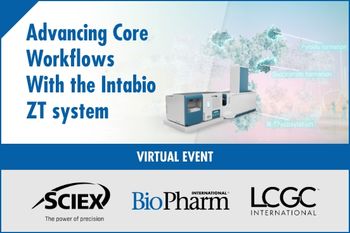
Webinar Date/Time: Thu, Nov 7, 2024 11:00 AM EDT

Explore how an integrated, single platform imaged capillary isoelectric focusing (icIEF)-UV/MS workflow with the Intabio ZT system aims to tackle the challenge of charge heterogeneity profiling with a disruptive strategy that allows for separation, quantitation, and identification of individual charge variants to be achieved in minutes on a single platform.
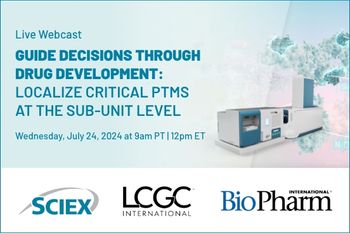
Webinar Date/Time: Wed, Jul 24, 2024 12:00 PM EDT

Charge heterogeneity is present in most biopharmaceutical protein products. During the manufacturing process, charge heterogeneity of the protein therapeutics can occur due to enzymatic cleavage and chemical post-translational modifications (PTM). For therapeutics like ADCs, not only the antibody contributes to the heterogeneity but also the linker and payload, which add even more complexity to the charge variant profiles. Characterizing the charge heterogeneity of ADCs is essential for critical quality attribute (CQA) assessment to ensure drug safety, efficacy, and potency.
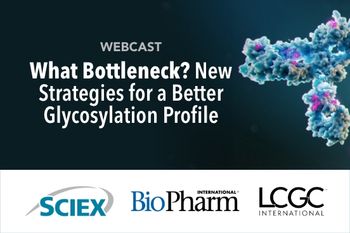
Webinar Date/Time: Tue, May 21, 2024 11:00 AM EDT
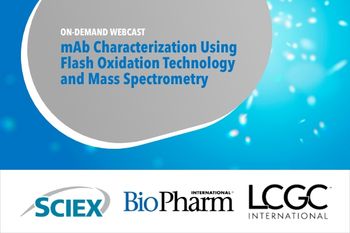
Webinar Date/Time: Thu, Mar 28, 2024 11:00 AM EDT

Earlier assessment of molecules provides valuable insights into the manufacturing developability of molecules, reducing the need for unnecessary experimentation. The Intabio ZT system has the potential to make in-depth characterization of biopharmaceutical product charge variants quicker and more efficient to meet demanding timelines during early-phase clinical development.
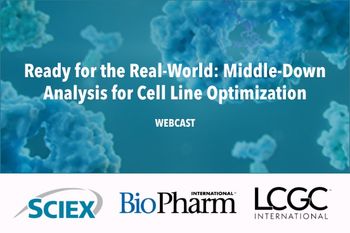
Webinar Date/Time: Thu, Feb 8, 2024 11:00 AM EST
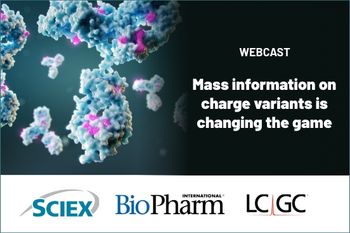
Webinar Date/Time: Thu, Sep 14, 2023 11:00 AM EDT
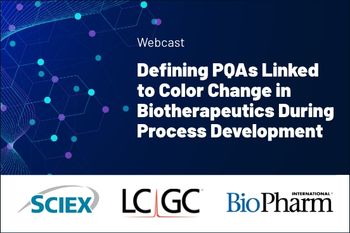
Webinar Date/Time: Tue, Aug 15, 2023 11:00 AM EDT
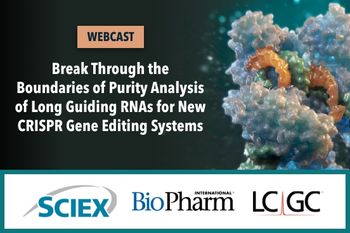
Webinar Date/Time: Tue, Aug 1, 2023 11:00 AM EDT

Rapid sample analysis using AEMS technology improves bioanalytical study turnaround
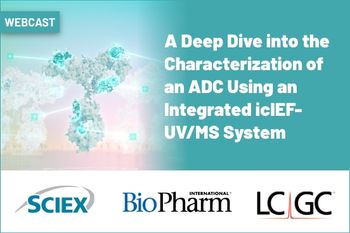
Webinar Date/Time: Tue, Aug 29, 2023 11:00 AM EDT
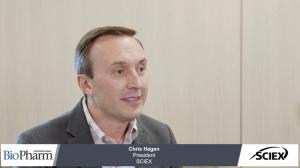
Published: July 21st 2025 | Updated:
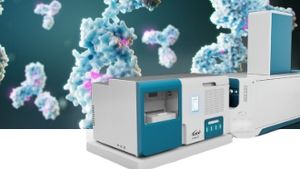
Published: November 14th 2025 | Updated:

Published: February 8th 2024 | Updated:
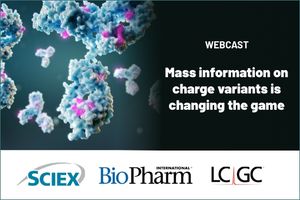
Published: August 16th 2023 | Updated:

Published: August 7th 2020 | Updated:

Published: August 15th 2020 | Updated: